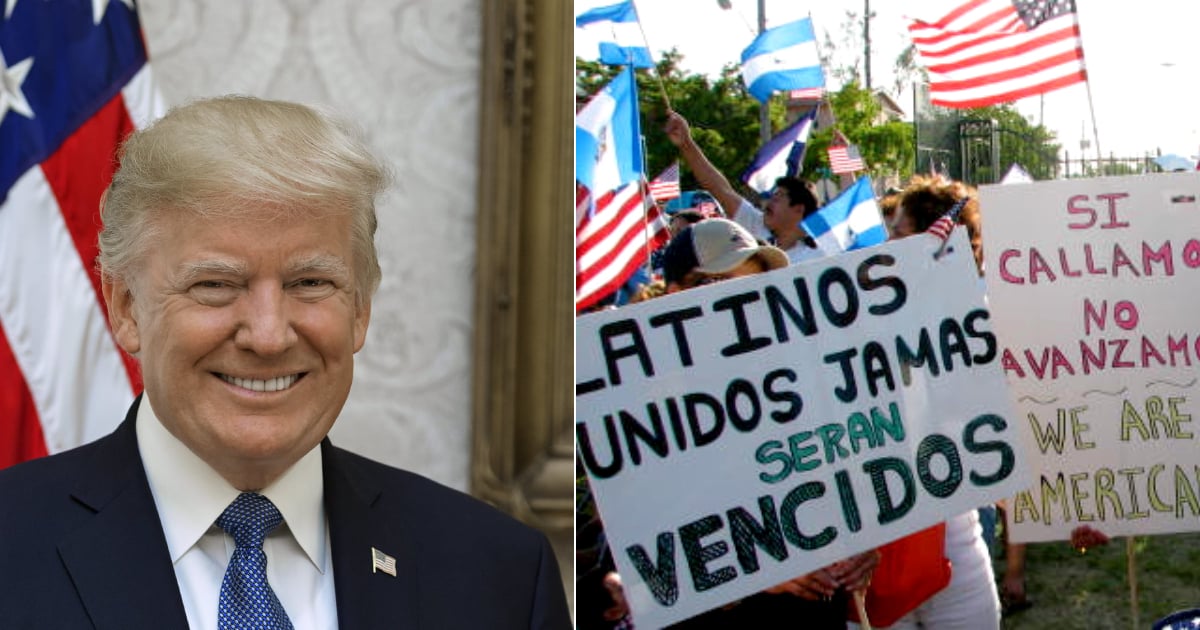
The Latino community in the United States, a growing and increasingly influential sector in the political arena, played a crucial role in the recent victory of Republican candidate Donald Trump in the 2024 presidential elections.
Compared to previous years, the Latino vote did not lean as decisively toward the Democratic Party, which allowed the former president to strengthen his position in key states and return to the White House.
More than 36 million Latinos, out of the 65 million residing in the country, were eligible to vote, making them the fastest-growing ethnic group since the 2020 elections, according to the Europa Press agency.
This support was crucial in "swing" states like Pennsylvania, where Trump went from 27 percent Latino support four years ago to an astonishing 42 percent in this race.
The increase in Hispanic support was also reflected in other states of the so-called "blue wall," such as Michigan and Wisconsin, as well as in the southern states of Texas and Florida, according to preliminary results and exit polls.
In Michigan, Latino support reached 60 percent, compared to 44 in the previous elections, while Wisconsin recorded 38 percent support in this community, almost matching the 37 percent from four years ago.
The trend was also reflected in Texas and Florida, where in counties with a majority Latino population, such as Hidalgo and Cameron, Trump saw significant increases in support.
In Hidalgo, Trump increased from 40 percent in 2020 to 49, while in Cameron he rose from 42 to 53. In Miami-Dade County, Florida, he reached 58 percent, compared to 46 in the previous election.
In fact, the winner received significant support from Cuban-American voters in Miami-Dade, representing "a historic high," according to a survey from Florida International University (FIU).
Trump managed to capture the Latino vote by addressing sensitive issues such as the economy and border security, connecting with the widespread discontent among voters regarding the country's current situation.
On a sensitive topic like immigration, the winner's agenda creates a sense of fear among millions of people. However, in an interview with Telemundo, Republican Senator Marco Rubio emphasized that Trump's policies are focused on security and preventing the entry of criminals, highlighting the need to improve the situation at the southern border.
In the end, Trump's victory not only represents an electoral triumph but also a fracture within the Democratic coalition. Confronted with a deeply divided electorate, the Democrats, this time represented by Kamala Harris, face a crucial challenge in regaining Latino support and uniting a dissatisfied base that sees in Trump a promise of change.
What do you think?
COMMENTFiled under: